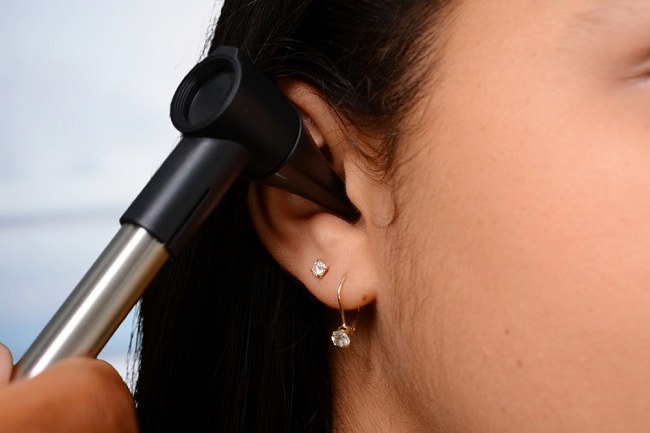Broken Ear Drum: Causes and How to Overcome It
If the ear feels uncomfortable, hurts, cans n gung, and the liquid comes out, it could be because your eardrum is ruptured. Infections and injuries are some of between the causes. But don't worry, there are several medical steps to overcome them.
The eardrum is a thin membrane that separates the outside of the ear and the middle of the ear. The eardrum or also called the tympanic membrane, will vibrate when exposed to sound waves. The vibration is then sent to the middle and inner ear to then be passed on to the brain. The eardrum also serves to protect the middle ear from bacteria, fluids, or foreign objects that are about to enter.

Things That Can Cause Broken Ears
Because of the thinness, this very important ear part is prone to damage , like torn or broken. The cause can be due to the following:
- Infections
Common causes of ruptured eardrums, especially in children, are due to ear infections. Middle ear infections make fluid build up behind the eardrum. As a result, the pressure in the middle ear will increase and push the eardrum outwards, which can cause tears.
- Injury
The eardrum is broken can also occur if the side of the head hit hard until a skull fracture occurs, not careful cleaning the ears with cotton buds , or because small objects enter the ear.
- Changes in pressure
When the air pressure in the middle ear and the environment is unbalanced, it will depress the eardrum. This is called barotrauma. Barotrauma can cause the eardrum to rupture, if the pressure is very large. Barotrauma can occur when someone is diving, driving in the highlands, or boarding an airplane.
- Acoustic trauma
Hearing a very loud sound (explosion or a shot) can also harm the eardrum and result in a ruptured eardrum, although this is rare.
Need medical help to treat it
A ruptured eardrum can heal itself without treatment, within a few weeks. But if there is no improvement, the doctor will provide treatment in the form of:
- Antibiotics
Antibiotics in pill form (drugs taken) or ear drops function to clear the infection and protect the ear from new infections due to exposure to the middle ear from the eardrum tear. Antibiotics are given if the eardrum is ruptured due to infection.
- Ear drum patching If it is not closed by itself, an ENT specialist can patch the eardrum . Do this by applying chemicals on the edge of the tear to stimulate the growth of new membranes and close the tear of the eardrum with patches. This procedure may need to be repeated more than once until the hole is completely closed.
- Operation
If the patch doesn't work, the last solution is to do tympanoplasty surgery. In this operation, the ENT specialist will transplant a little skin from the patient's body to close the hole in the eardrum. After the surgical procedure is complete, the patient can return home on the same day, unless there are other reasons that require the patient to be hospitalized.
When experiencing a ruptured eardrum, there are several things that need attention to support the healing process, namely:
- Keep the ear dry. When bathing, use silicone earmuffs or cotton covered with petroleum jelly to prevent water from entering the ear. Don't swim for a while until the eardrum recovers, or until it is allowed by the doctor .
- Avoid picking your ears because you risk hurting the eardrum.
- Avoid exhaling by covering your mouth and nose, increasing the pressure in the ear can cause the eardrum to return.
If your ear hurts because of a ruptured eardrum, or if there are other complaints such as hearing loss when you have a ruptured eardrum, do not hesitate to consult an ENT specialist (ear, nose, throat) so that treatment can be given right.
Label : Health
Comments
Post a Comment